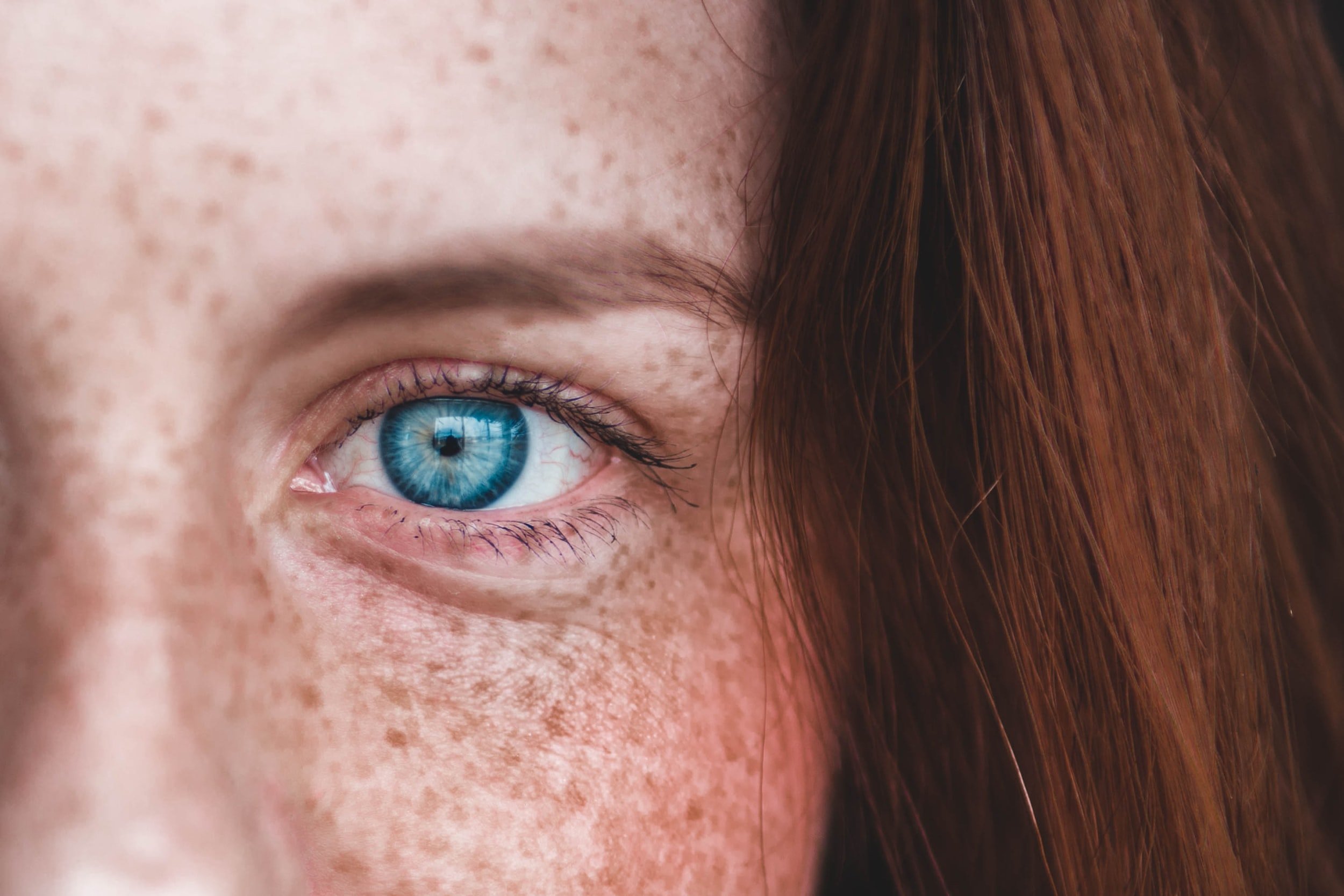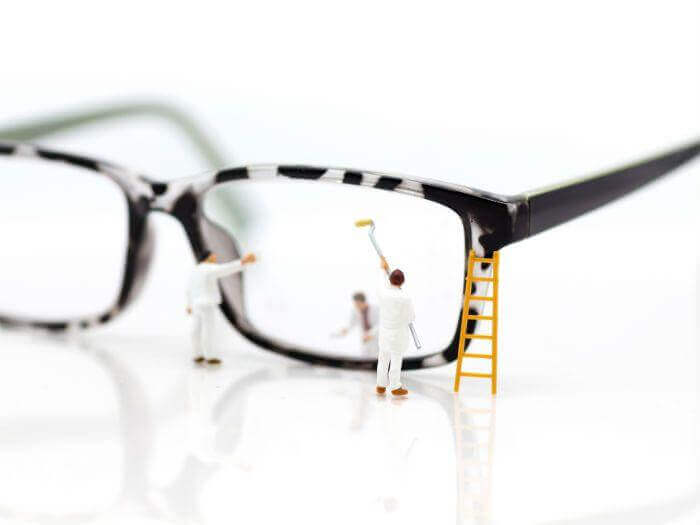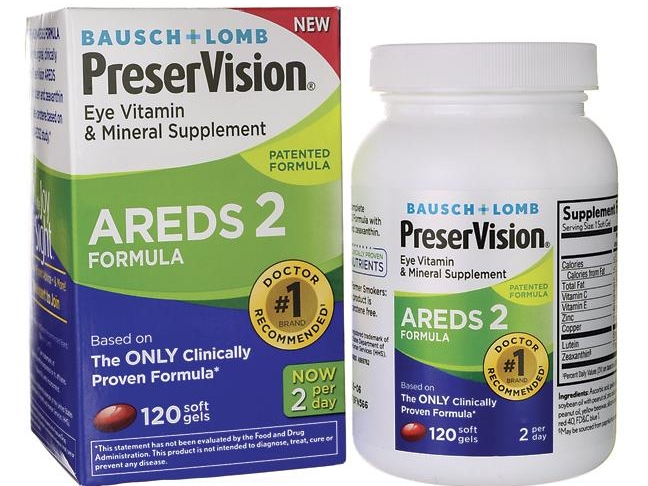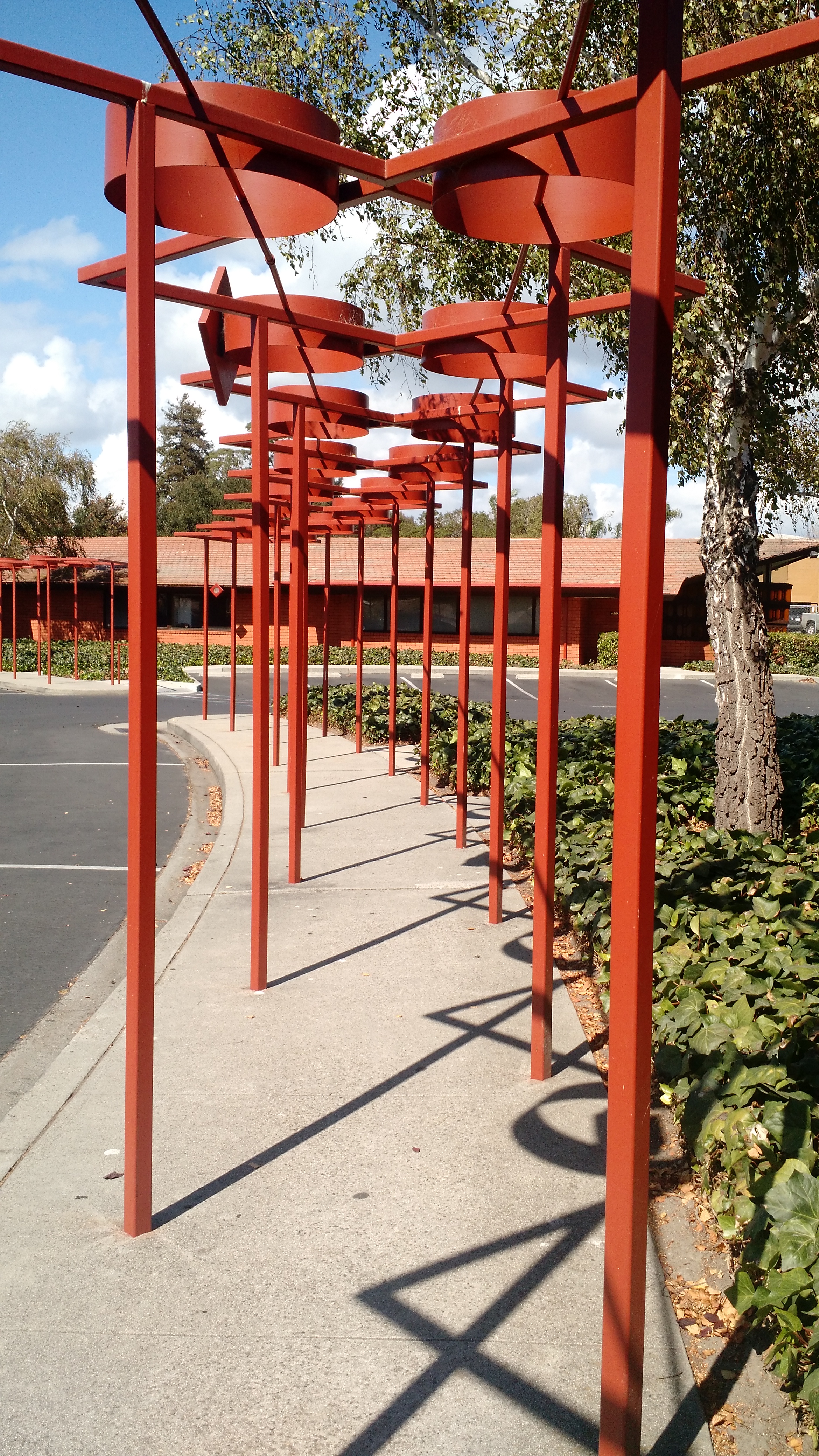Which Sports Sunglasses Are The Best in 2019?
/Every sport has its own unique visual demands with regards to both vision and eye protection. Without the right pair of sports sunglasses or goggles, you could adversely affecting your own performance, and at worst you may even be putting yourself at risk of accident and injury.
To pick the ideal pair of sports eyewear we need to consider the type of frames, tint, and lens material.
Craig Fellers demonstrates the importance of the proper sports eyewear while Racing at the Wente Vineyards Classic. Photo Credit: Travis Lyons
Frames
For cycling, I use a high wrap frame that sits higher on the bridge of my nose.
This blocks both wind and excessive sun which can be detrimental when racing. When riding, you sit in a tucked position looking slightly upwards. For that reason, I want to make sure that sunglasses sit up slightly higher than a casual-wear frame would otherwise be positioned, and for prescription lenses the optical center of the lens should be set accordingly.
Many frames such as the Smith Pivloc that I am wearing in the photos offer lens interchangability which allows me to choose the lens color that matches my ride for the day.
Which brings us to the next thing to consider…
Lens Tint
The next aspect to consider is lens tint. Polarized lenses block glare off of flat surfaces and are ideal for cycling on tarmac.
Polarization is no longer limited to grey and brown, now tints are available in almost any shade to suit your style and aesthetic.
I still prefer grey polarized lenses for bright sunny days like we had this weekend in Livermore, Ca, but here in Santa Cruz, I often use a high-contrast/low-light lens for riding under the trees, in and out of shadows or in the fog.
Yellow or rose are my two colors of choice for low-light lenses, although many cyclists also use green. These colors increase contrast without blocking as much light as a dark grey lens which generally blocks 90 to 95% of light across the visible spectrum.
I also have a clear lens which I use for night races which I don't use often, but is perfect for specific events.
Dr. Fellers and team mate Aria Kiani
Lens Material
Lens material is the third item to choose in any sports lens.
I exclusively ride in impact resistant materials such as trivex or polycarbonate. You never know when a rock will come hit your lens, and I need to know that I will be protected. Both materials also offer 100% ultraviolet protection.
Those who use a progressive lens prescription will be happy to hear learn that there are lenses designed exclusively for use on the bike, optimizing both distance and near viewing areas and minimizing peripheral distortions that can be dangerous when cycling.
Ultimately, having the right eyewear will enhance your experience and allow you to focus on the road.
At Midtown Optometry, in addition to our regular optometric services, we also specialize in sports vision consulting. We work with you to help you determine your ideal frames, lens tints, and lens materials, combined with whatever prescription you may have, so that you can purse your passion with your best vision.
































